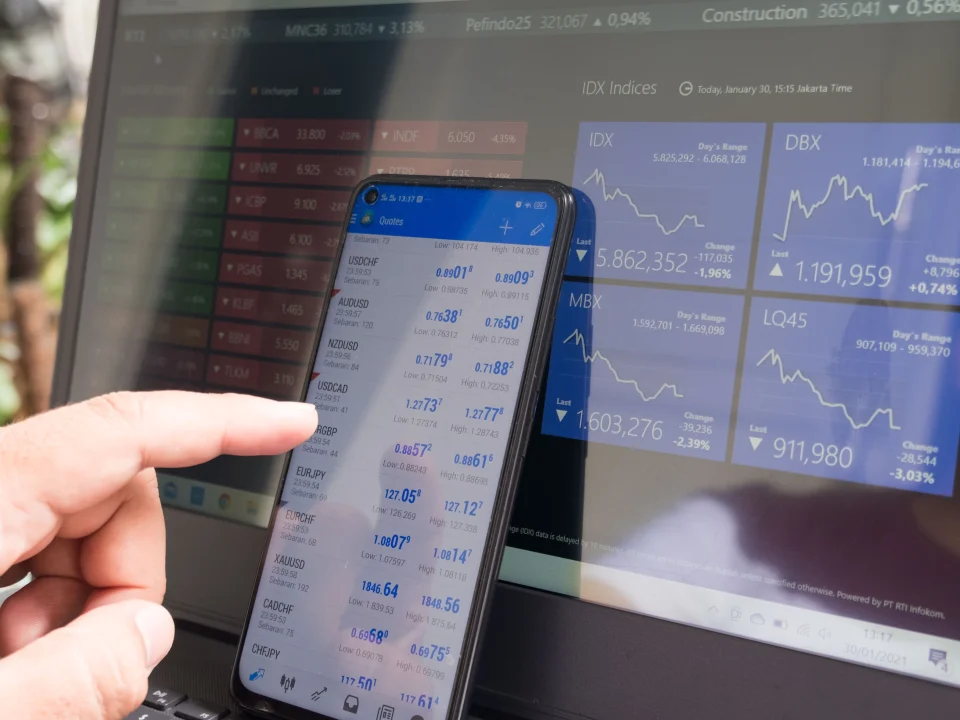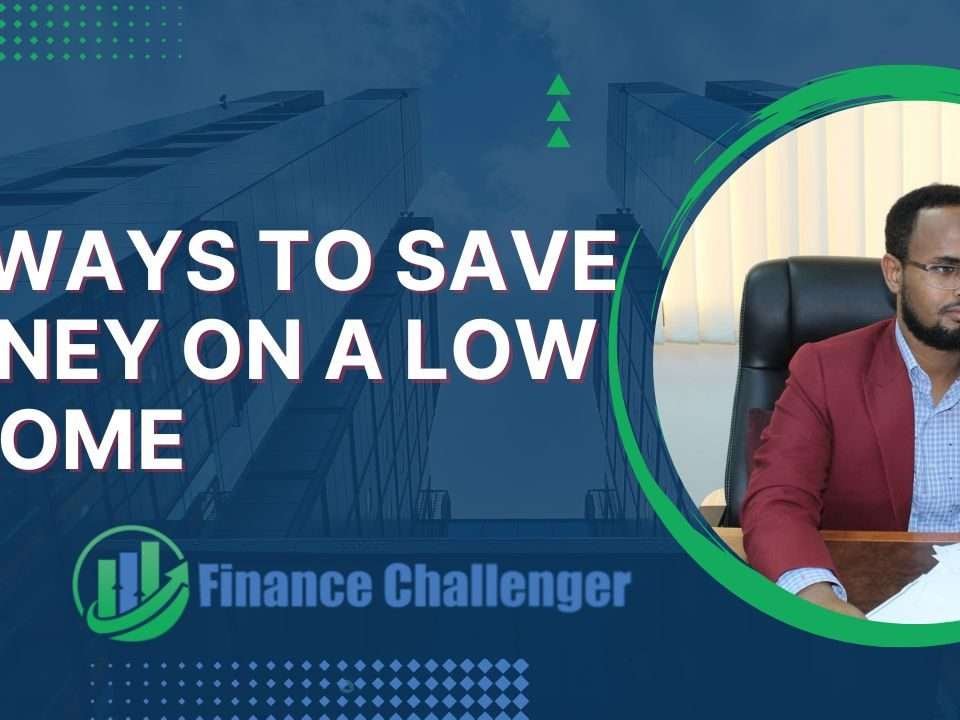
How to Manage your Money
August 24, 2022
Major Life Events That Impact Your Finances And How to Plan
August 24, 2022How to Prepare For A Recession
What is a recession?
A recession can be defined as “a significant decline in economic activity.” Consider it a downturn or contraction or the inverse of an expansion. A recession, whatever you call it, can have an impact on your finances. Economic growth generates opportunities for new businesses, more jobs, and higher wages. Recessions destroy opportunities by resulting in failed businesses, fewer jobs, and lower wages. Recessions do not happen every year, but they are not uncommon. The most recent recession lasted more than a decade, from December 2007 to June 2009. There have been 11 recessions since 1945, each lasting 11.1 months on average. The shortest was six months, and the longest was eighteen months.
What happens during a recession?
Recessions can have a broad range of effects on individuals and families.
Job loss. When the economy slows, businesses cut jobs and reduce spending on advertising, training, product research, and other operations. Payrolls are shrinking as companies cut jobs to cut costs. Continuing your education, networking with your peers, and staying current on industry trends may be beneficial if you wish to change jobs during a recession.

Health consequences. The most recent recession, which lasted from 2007 to 2009, had a variety of consequences for workers who lost their jobs. Not only did job losses affect workers’ employment and earnings, but they also had an impact on their health insurance coverage, retirement savings contributions, financial security, and health-related behaviors and outcomes. Workers who were laid off were more likely to receive government “safety net” benefits, such as disability insurance and supplemental security income advantages, even after the recession ended.
Student loans. Recessions can have long-term consequences for young adults, who may have a difficult time finding or keeping a job during a downturn. Furthermore, any employment delay can reduce asset accumulation over their lifetimes. Higher levels of student loan debt can exacerbate these recession-related difficulties for young adults. If you’re unemployed or have to accept a lower-paying job during a recession, paying down student debt now can provide you with more financial flexibility.
Opportunities. Recessions do not affect everyone equally. Some businesses, for example, are said to be “recession-proof,” which means they do not suffer as much during a downturn. Disaster cleanup services, car repair shops, hair salons, and other goods and services that people require regardless of the economy’s ups and downs are examples.
Lifestyle Changes
Reduced income means less money for entertainment, dining, and extracurricular activities. During a recession, people cut back on extras, so many families make drastic changes to their pre-recession lifestyle. This means fewer trips, shared experiences, and missed opportunities due to financial constraints.
Education
During a recession, many families cannot afford to send their children to college. Furthermore, the college experience for many students who do attend changes as universities overcrowd classes or cut classes, majors, and staff, all while raising tuition.
Economic mobility
Poorer families can limit their children’s opportunities and economic outcomes through a variety of mechanisms, including nutrition, educational attainment, and access to wealth. As a result, a recession should not be viewed as a one-time event that stresses individuals and families for a few years. Economic downturns, on the other hand, will affect the future prospects of all family members, including children, and will have long-term consequences.
Jobless families with children
Most of the children live with two parents, and only a small percentage of these families have neither parent working. Furthermore, with a higher rate of female employment, families frequently have two incomes to draw on, which can provide some protection in the event of job loss by the primary earner. However, families’ financial commitments frequently rely on the contribution of two incomes, and they may face significant difficulties if one parent’s labor market income is reduced or lost.
EFFECTS ON FAMILY RELATIONSHIPS
Positive parent-child interactions can help children avoid the negative consequences of poverty or financial hardship, but stress and depression impair people’s ability to parent effectively. Parents who are concerned about their financial stability may lack the patience to reason with their children or respond appropriately to misbehavior. Frustrated by the apparent ineffectiveness of their first shot at discipline, they tend to discipline repeatedly, with rising harshness and, in the heat of the moment, escalating and extending the parent-child conflict. Parents who are stressed have less time to share warm, positive experiences with their children.
Tips to prepare for a recession
Boost your savings.
Would you have enough savings if you lost your job tomorrow to pay your bills for a month, two months, six months, or even a year until you found another job? Start saving now if you don’t have at least six months’ worth of expenses in your savings account. If you save more, you’ll be less likely to max out your credit cards, raid your retirement accounts, sell your valuables, borrow from friends, or move in with your parents or adult children if you lose your job.
Prioritize purchases.
Begin by considering what you require versus what you desire. For example, an expensive vacation, a new car, or dining out. (Even a daily latte can add up over the course of a month.) Examine your budget and determine which items you can eliminate or postpone. This could result in annual savings of thousands of dollars. Learning to live on small is the key to surviving a recession.
Get rid of your credit card debt.
The first task for anyone with a credit card is to pay off their balances as soon as possible; this is important now that a recession may be on the way and interest rates are rising rapidly. A low-interest individual loan or a balance-transfer credit card is two options for dealing with debt. Transferring a high-interest debt card to a credit card with a 0% interest rate will help you get out of debt much faster. If you are unable to qualify for a 0% credit card, contact your current creditor and request an interest rate reduction.
Stockpile savings.
Save while you have the extra cash because a recession can drastically alter your financial situation. If you don’t have a reasonable emergency fund, consider canceling a vacation or postponing an unnecessary expensive renovation project. Right now, many people consider the inflation problem to be an emergency. You don’t want to be in debt if you lose your job or your wages don’t keep up with historically high inflation, he says. Also, keep in mind that the standard advice of having three to six months’ worth of living expenses may be insufficient. Workers should adjust their emergency reserves based on their individual circumstances.

Younger workers may have more lifestyle flexibility to take on a roommate — or two — or to change careers to take advantage of new job opportunities. As a result, their emergency reserves can be closer to the recommended three to six months of living expenses. However, if you’re an older worker who can’t change your housing situation and/or you’re in a highly paid specialized position were replacing your income may take longer if you lose your job or on the side of having a year’s worth of savings or assets that can be easily liquidated.
Do not underestimate the power of having bonds in your retirement portfolio.
Bonds typically balance out your stock holdings when stocks are down. Bond prices, however, have suffered as well. Nonetheless, in previous recessions, bonds outperformed nearly every other market segment; in other words, don’t throw them out because they’re not performing well right now. They’re an essential component of any portfolio, especially for those nearing or in retirement.
Get a side gig.
Many employers are desperate for employees. With the unemployment rate at 3.6 %, there are a record number of job openings. Transportation, warehousing, education, health services, leisure and hospitality, and government all saw job growth. Even if you don’t require the money right now, it could be a good time to take on a second job or work in the gig economy to supplement your income and savings. Now is the time to brace for the worst while hoping for the best.
Recession-proof your career.
If your job does not seems to be secure in the long run, consider updating your resume, learning more marketable skills, networking with friends and colleagues, and attempting to land a promotion or a more secure job. In the gig economy, a second job or side hustle can also help you survive financially if you lose your job or your company reduces your wages or hours during a recession.
Conclusion
Although there are many negative financial effects due to a recession, you can make yourself ready for the possible upcoming recession by following the tips. These tips will not make your life, not in case of recession but will also help you to keep you financially stable throughout your lifetime. You can face a recession or any other major economic event at any stage of your life; all you require to do is keep yourself ready in advance, and you will be good to face it.





